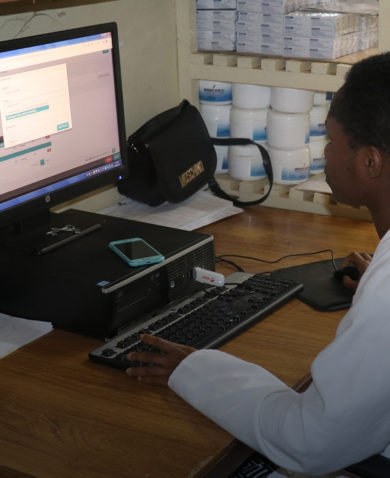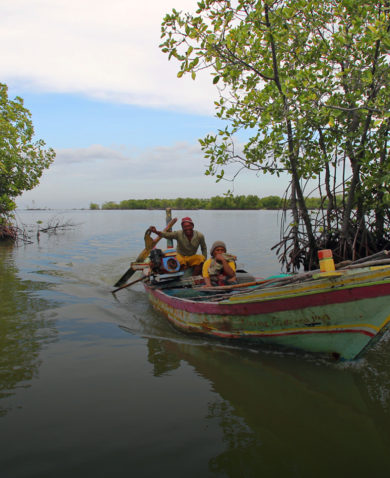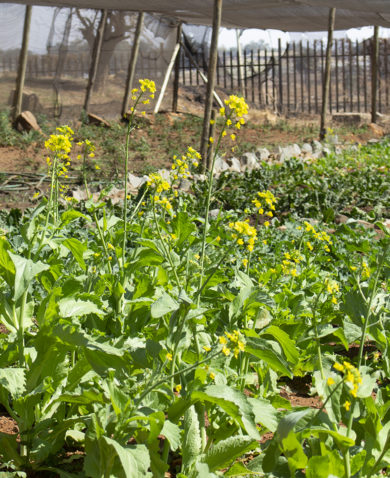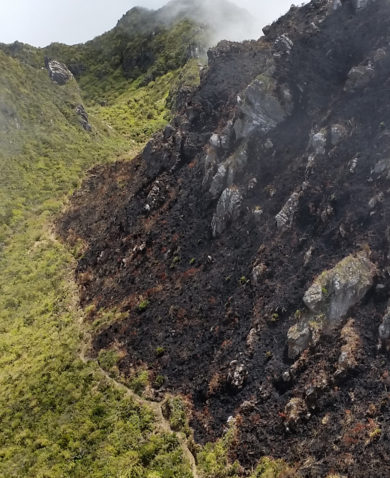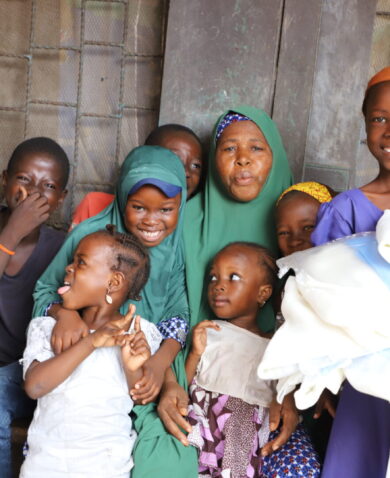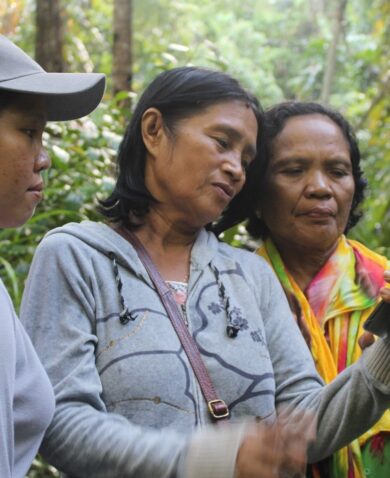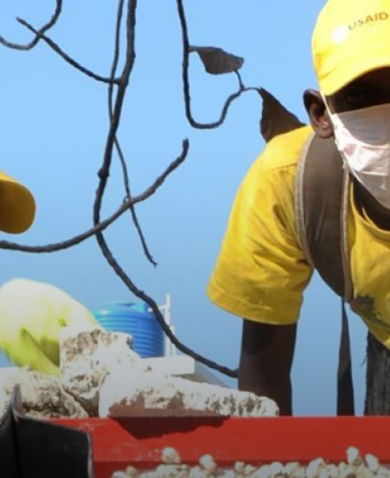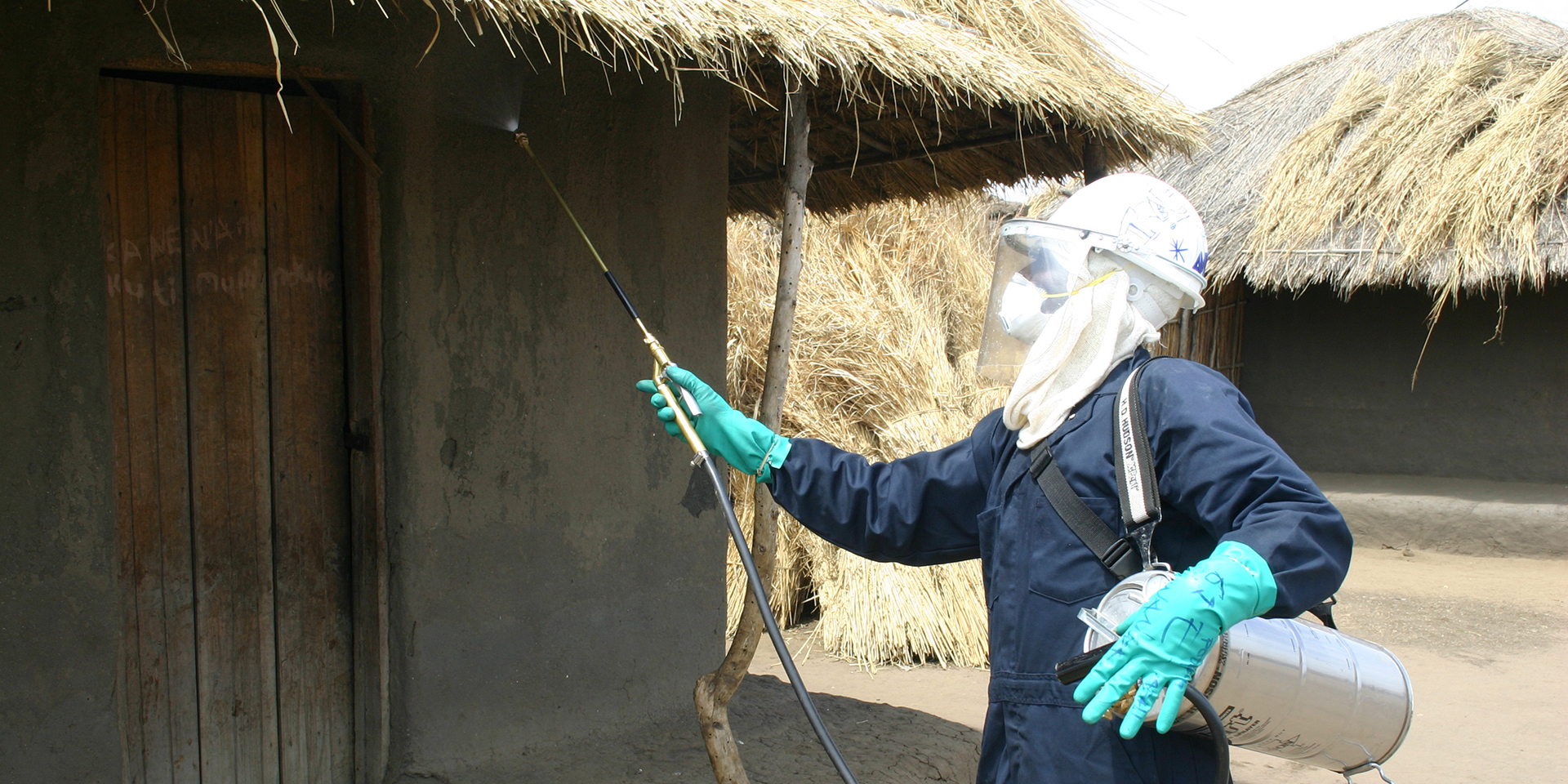
New Report Synthesizes Evidence on Climate Risks to Health in Africa
May 30, 2017 | 3 Minute ReadAs many as 45 to 65 million more people may be at risk for malaria transmission by 2050 in East Africa alone. Learn more about the health impacts of climate variability in the new report.
This blog post originally appeared on Climatelinks.
Thanks to aggressive interventions in recent decades, remarkable progress has been made across sub-Saharan Africa in reducing child mortality, malaria deaths, and stunting rates, and improving overall health. But these gains may be lost as climate and weather variability put more people at risk of infection and death from climate-sensitive diseases. In East Africa alone, for example, malaria infection rates are expected to rise with 45 to 65 million more people at risk for malaria transmission by 2050. These health risks — together with recommended responses — are captured in a new report, Risk Expands but Opportunity Awaits: Emerging Evidence on Climate Change and Health in Africa by USAID’s Adaptation, Thought Leadership, and Assessments (ATLAS) project.
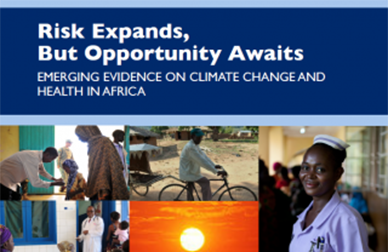 “The countries expected to experience the greatest increases in climate-driven health outcomes are also those whose health systems have the least capacity to manage additional challenges,” said Dr. Kristie Ebi, who contributed substantially to the report. “Regions with the triple combination of high exposure to climate change risks, extensive poverty, and high population density are likely to face a major adaptation challenge.”
“The countries expected to experience the greatest increases in climate-driven health outcomes are also those whose health systems have the least capacity to manage additional challenges,” said Dr. Kristie Ebi, who contributed substantially to the report. “Regions with the triple combination of high exposure to climate change risks, extensive poverty, and high population density are likely to face a major adaptation challenge.”
Summarizing research from multiple sources, including an Intergovernmental Panel on Climate Change assessment, the report highlights the growing body of evidence on the impacts of climate variability and change on health in sub-Saharan Africa. The report improves our understanding of the impacts of climate change on malaria, cholera, and undernutrition, as well as less-studied risks such as dengue fever, meningococcal meningitis, schistosomiasis, Rift Valley Fever, and heat stress.
Key findings include:
- Malaria: As temperatures in highland areas increase, such areas become suitable to the proliferation of malaria mosquitoes.
- Meningococcal meningitis: Climate factors such as air humidity, rainfall, and dust correlate with outbreaks. Transmission of this airborne disease is likely to increase as certain regions become more arid and thus more suitable to the bacteria.
- Schistosomiasis: As warming temperatures make bodies of water more conducive to snails that carry the disease-causing worm, incidence is projected to rise by 20 percent across sub-Saharan Africa. Current estimates suggest that by 2050 nearly 51 million people under age 20 will be infected in West Africa alone each year.
- Undernutrition: By 2050, 10 million more children under age five are at risk of stunting as temperature increases are likely to reduce crop yields, further threatening food security and lowering the nutritional content of staple foods.
- Heat stress: Newly recognized as a significant health threat in Africa, heat stress is likely to increase mortality rates. It will also have various socioeconomic impacts, such as decreased health and productivity of workers, particularly in sectors such as construction, road building, and agriculture, where the work is primarily outdoors.
The report offers some promising news: diseases such as malaria and schistosomiasis may decline in areas where temperatures get so hot that vectors are unable to reproduce. Overall, though, these declines are likely to be offset by the expansion of vectors into new geographic areas and higher rates of infection in other areas.
The shifting dynamics of climate-sensitive health risks reinforce the need for (1) more research on how climate and weather factors influence health, and (2) greater investment in strategies to help health systems anticipate outbreaks and prepare responses.
Want more information? Read the full report!





